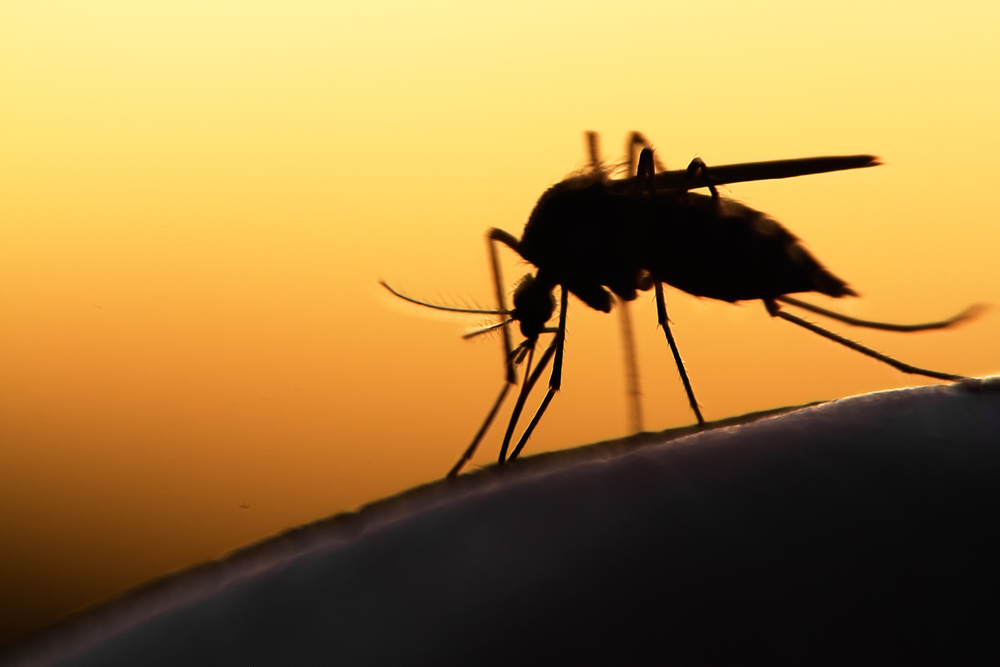
Biologists from the University of California San Diego, along with a team of researchers from Vanderbilt University Medical Center, recently engineered synthetic mosquitoes capable of neutralizing many types of dengue virus.
The study focuses on Aedes aegypti mosquitoes, which spread dengue to humans. While previous efforts had designed creatures resistant to single strains of dengue, this latest group carries a broad spectrum antibody capable of targeting all four known types of dengue.
“Once the female mosquito takes in blood, the antibody is activated and expressed–that’s the trigger,” said Omar Akbari, UC San Diego associate professor of the Division of Biological Sciences and a member of the Tata Institute for Genetics and Society. “The antibody is able to hinder the replication of the virus and prevent its dissemination throughout the mosquito, which then prevents its transmission to humans. It’s a powerful approach.”
Pair the manmade mosquitoes with a dissemination system, and, according to Akbari, they could spread the antibody throughout wild mosquito populations. This could radically alter the field, adding some controls to a disease that the World Health Organization credits dengue virus with threatening millions of people in tropical and subtropical climates. Dengue causes flu-like symptoms that can turn into life-threatening bleeding. At present, it also lacks any specific treatment.
“It is fascinating that we now can transfer genes from the human immune system to confer immunity to mosquitoes. This work opens up a whole new field of biotechnology possibilities to interrupt mosquito-borne diseases of man,” said Dr. James Crowe, Jr., director of the Vanderbilt Vaccine Center at Vanderbilt University Medical Center in Nashville, Tenn.
The team’s efforts were published in the PLOS Pathogens journal. Co-authors also included members of the National Health Research Institutes of Taiwan, CSIRO Health and Biosecurity, and the California Institute of Technology.




